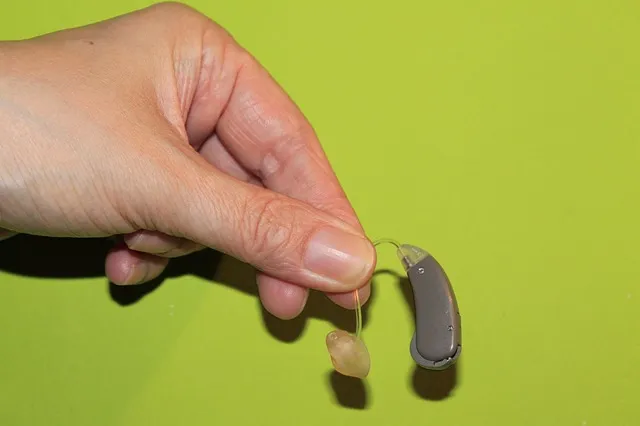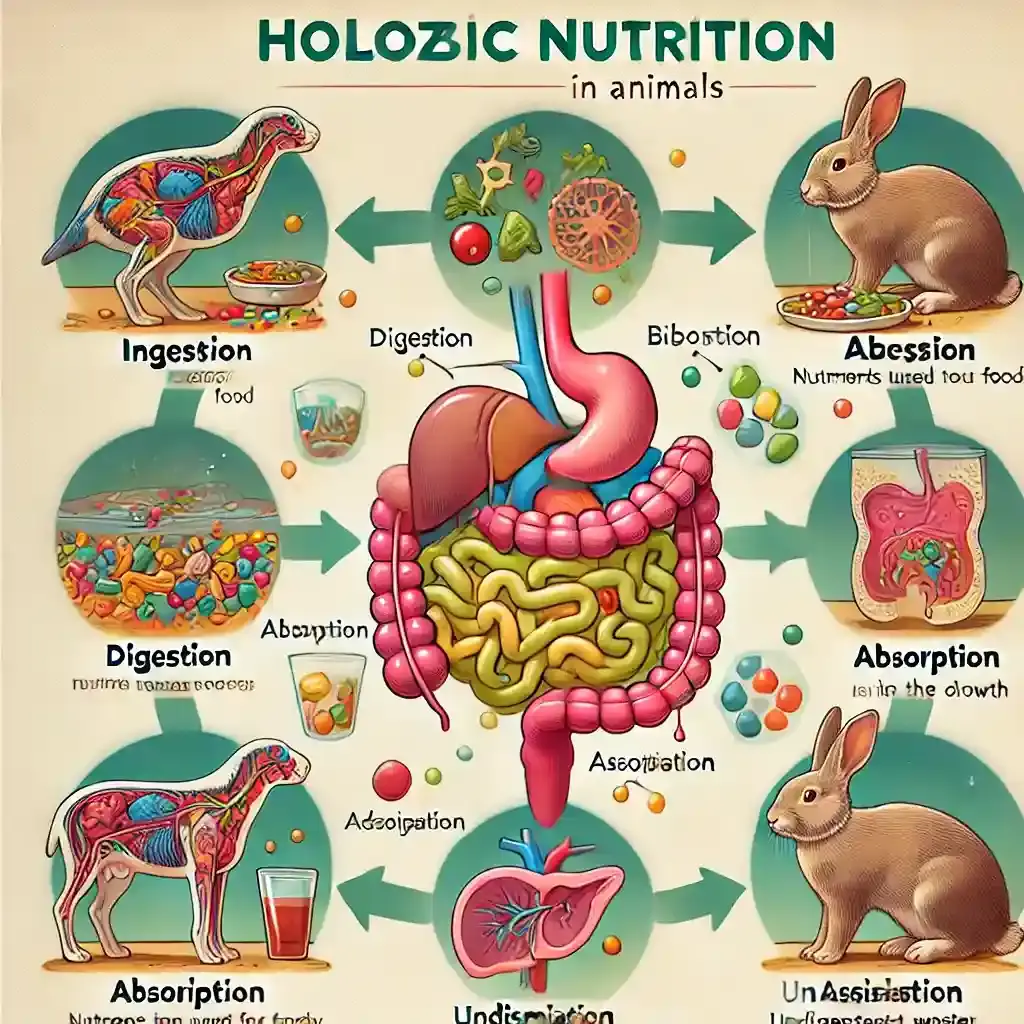What if a vital organ just... stopped working? Or worse, had to be removed? Sounds like something straight out of a nightmare, right? The pancreas is one such organ that most folks don’t think about until things go very wrong. And when that happens, there’s one burning question that immediately follows: Can you live without a pancreas?
Yes, you can. But, and there’s always a “but”, it's not a walk in the park. From complicated surgery to lifelong adjustments, living without this gland means a daily juggling act. Let’s break this down.
Can You Live Without Pancreas?
Let’s get straight to it: yes, you can live without a pancreas. Sounds surprising? It should. The pancreas does some pretty heavy lifting inside your body. It controls blood sugar and helps digest food. So, when it’s removed, usually due to cancer or other critical diseases, you don’t just move on like nothing happened.
People often ask, “Can you survive without a pancreas?” The honest answer? You can, but it's a complex journey. Without this organ, you're looking at a lifetime of insulin therapy, digestive enzyme pills, and strict dietary planning.
While pancreas removal survival rates depend on many factors, like the condition leading to surgery and overall health, a study found a 65% survival rate three years post-surgery. That number jumps to 95% for non-invasive IPMN cases.
Still wondering, what happens if your pancreas is removed? It changes everything, from the way your body handles sugar to how it absorbs nutrients. But with the right care, life without a pancreas is possible.
What Do the Pancreas Do?
To understand life without it, you’ve got to first understand what it does. The pancreas is like your body’s hidden multitasker. Tucked behind the stomach, it does two major jobs: digestive support and blood sugar control.
Two Main Roles:
-
Exocrine function – makes enzymes that help break down food.
-
Endocrine function – produces insulin and glucagon to regulate blood sugar.
Now, let’s unpack that.
Digestion:
The pancreas sends out enzymes that help your body digest fats, proteins, and carbs. Think of these enzymes like chemical scissors, cutting up large food molecules into smaller ones your body can use. Without them? You’d end up with malnutrition, bloating, and pretty uncomfortable trips to the washroom.
-
Amylase → breaks down carbohydrates
-
Lipase → handles fats
-
Protease → tackles proteins
Blood Sugar Control:
The pancreas also produces insulin, the hormone that controls blood sugar. And when this balance is lost, you're staring straight at diabetes. Not the manageable kind. We’re talking full-on insulin-dependency.
Without insulin:
-
Sugar floats around in your blood
-
Cells don’t get the energy they need
-
Over time, organs take a hit
Look, most of the time, this system works in the background. But remove the pancreas, and suddenly, you're the one running the whole show, manually.
Why Would Someone Have Their Pancreas Removed?
Nobody just wakes up and says, "Hey, let’s get rid of the pancreas today." This surgery, called a total pancreatectomy, usually happens because there's no other choice. The reasons are serious, sometimes life-threatening.
Common Reasons for Pancreas Removal:
-
Pancreatic cancer – especially in the head of the pancreas
-
Chronic pancreatitis – repeated inflammation causing damage
-
IPMN (Intraductal Papillary Mucinous Neoplasm) – non-cancerous but risky cysts
-
Pancreatic trauma – severe injury from accidents
-
Neuroendocrine tumors – slow-growing but still dangerous
This isn’t elective surgery, it’s survival mode. Most cases stem from pancreatic cancer, which often goes unnoticed until it’s too late. By then, removing the pancreas might be the only option.
But here’s where it gets complicated. Along with the pancreas, doctors sometimes remove other parts too, like the gallbladder, spleen, or parts of the intestine. Each comes with its own side effects.
Let’s just say, it’s not your average operation. And recovery? It can take months.
Life After Pancreas Removal: What Changes?
Once the pancreas is gone, your entire routine changes. It's not just about popping pills. It's how you eat, sleep, plan your day, and manage stress.
So, what’s life without a pancreas really like?
-
Diabetes Management – Immediate insulin dependence. No exceptions. You’ll need insulin injections or a pump to maintain blood sugar.
-
Digestive Enzymes – Food doesn’t digest itself. You'll need to take enzyme supplements with every meal, forever.
-
Diet Tweaks – Smaller, frequent meals. Low-fat, nutrient-dense. Sounds easy, but gets old fast.
-
Mental Toll – Constant vigilance can wear you down. Mood changes, burnout, it’s all real.
-
Routine Checkups – Your doctor becomes your best friend. Or at least someone you see more than family.
Common Side Effects and Complications
After surgery, even if everything goes “right,” complications often show up uninvited. This isn’t one of those surgeries where you bounce back in a week.
Immediate Post-Surgery Issues:
-
Fatigue
-
Nausea
-
Digestive problems
-
Low immunity (especially if the spleen is also removed)
Long-Term Side Effects of Pancreas Removal:
-
Diabetes (100% inevitable)
-
Malnutrition
-
Weight loss
-
Vitamin deficiencies
Short-Term vs Long-Term Side Effects
|
Type |
Short-Term |
Long-Term |
|
Blood Sugar |
Fluctuations, temporary instability |
Chronic diabetes, insulin dependency |
|
Digestion |
Nausea, vomiting, loss of appetite |
Malabsorption, enzyme reliance |
|
Immunity |
Low immunity (if the spleen is removed) |
Risk of infections |
|
Nutrition |
Poor appetite |
Vitamin B12, iron, and D deficiency |
Managing Life Without a Pancreas: Treatment and Tips
So, how does someone actually live without a pancreas? It takes planning, patience, and a whole lot of self-awareness.
Here’s what helps:
1. Insulin Therapy
Your body no longer produces insulin. You’ll need:
-
Insulin pens or pumps
-
Glucose monitors
-
Carb counting skills (not as fun as it sounds)
2. Digestive Enzymes
No more natural enzymes means taking capsules with every bite.
-
Pancrelipase is common
-
Must be taken on time, or you’ll regret it
3. Nutritional Support
A dietitian becomes your guide.
-
Eat every 2-3 hours
-
High-protein, low-fat meals
-
Hydrate, especially after surgery
4. Stress Management
Emotional burnout is a thing. Life without a pancreas and diabetes isn’t just physical. It’s mental too.
-
Mindfulness helps
-
Light exercise improves energy and sugar control
-
Therapy isn’t weakness, it’s strategy
When to Talk to Your Doctor?
Living without a pancreas demands close attention to your body. If you start experiencing unexplained weight loss, extreme fatigue, persistent nausea, or ongoing diarrhea, it’s time to reach out to your doctor. Even small changes can signal serious complications, especially when you’re relying on medications to manage digestion and blood sugar.
Sudden shifts in energy or appetite shouldn't be ignored. Don’t assume it’ll pass. Delays in care can lead to hospitalization or long-term damage. Your care team is there for a reason; use them. Early action keeps small problems from becoming serious ones. Stay alert, and stay proactive.
Final Thoughts
So, can you live without a pancreas? Yes. But it takes grit. It’s one of those conditions where knowledge isn’t optional; it’s survival. With the right meds, support, and lifestyle, people can, and do, live long, full lives after pancreas removal. Just be ready to work for it every day.
Frequently Asked Questions
How long can someone live without a pancreas?
Some patients live more than 10–20 years post-surgery, especially with good care and early treatment.
Can you live without a pancreas and spleen?
Yes, but immune function drops. You’ll need vaccines and regular checkups to prevent infections.
Is it hard to manage life after pancreas removal?
Yes. It requires discipline with medication, diet, and constant glucose monitoring.
What’s the biggest challenge after pancreas surgery?
Managing diabetes and avoiding malnutrition are the two biggest lifelong concerns.
Do people live normal lives after a pancreas removal?
With the right treatment, many people return to their routines, just with more planning and fewer cheat meals.
-User-1754380331.png)
Reviewed by






